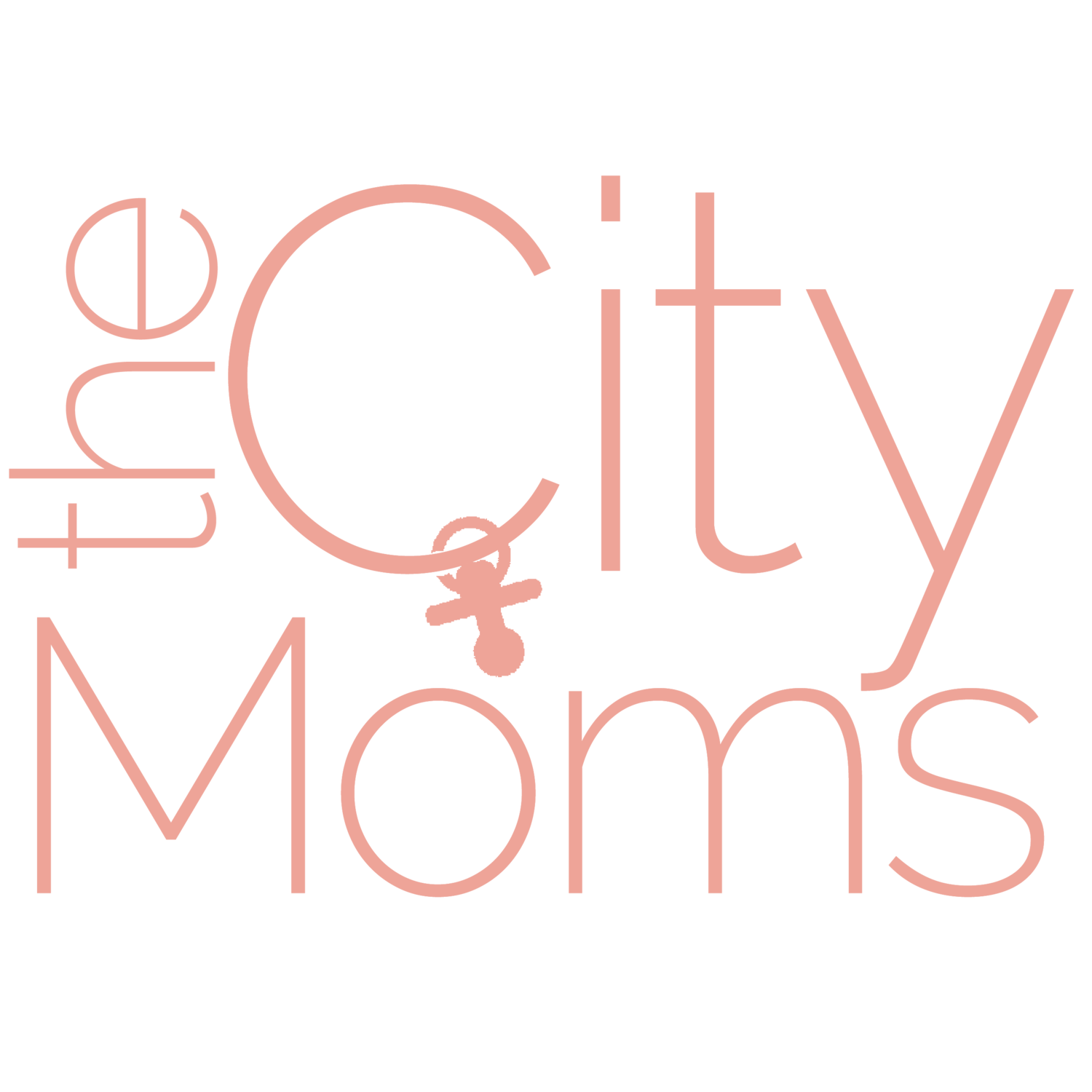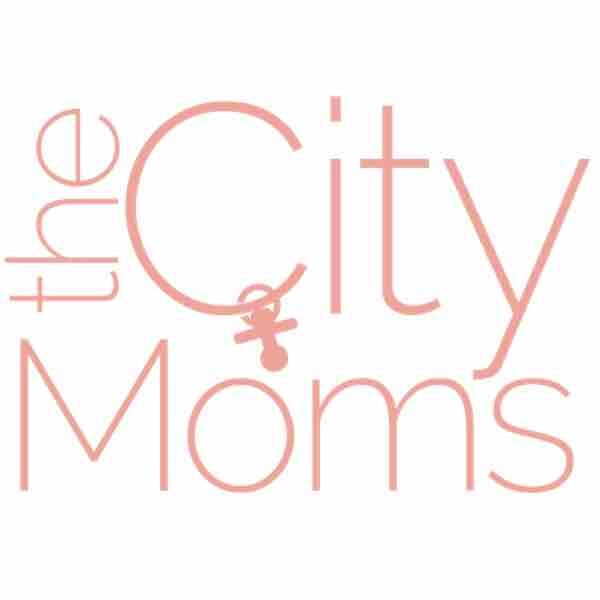Talking with your kids about history: The Holocaust
“What is done cannot be undone, but one can prevent it happening again,” - Anne Frank
From neo-Nazi rallies in Charlottesville to the deadly shooting at the Tree of Life Synagogue in Pittsburgh, an increase in anti-Semitic intolerance is growing in the United States. The FBI reported a 37% spike in anti-Jewish hate crimes in 2017. We were impacted locally when Congregation Shaarey Tefilla synagogue in Carmel was vandalized last year. This rise in anti-Semitic sentiments are leaving many wondering, why?
Studies show the Holocaust is beginning to fade from memory, making younger generations susceptible to repeating the same mistakes. “The Holocaust is a dramatic lesson on the vital importance of respect for each person, regardless of race, religion, age, wealth, or anything else that might separate us from each other,” said child psychologist Dona Matthews, emphasizing the need for continued education. This leaves parents and educators with the responsibility to convey the vital lessons of this tragedy. While most educators recommend waiting until 5th or 6th grade to begin conversations about the Holocaust, it is good to be prepared earlier should your child ask.
This also leaves many parents asking: How do we talk about this crucial point in history? How do we talk to kids about the Holocaust?
When navigating conversations with younger children, answer questions simply and clearly. Focus on the primary take-aways of acceptance, caring for the hurt, not judging others superficially, thinking critically, etc. If your younger child inquires, try helping them understand big concepts in small ways through picture books. Several recommended texts include:
“The Sneetches” by Dr. Seuss
“Grandma Esther Remembers” by Ann Morris
“One Yellow Daffodil” by David Adler
“The Never-Ending Greeness” by Neil Waldman
“The Terrible Things” by Eve Bunting
“The Diary of a Young Girl” by Anne Frank is often the first real introduction to the atrocities of the Holocaust for American students, generally assigned during middle school while readers are the same age as Anne. Though 70 years old, the text is as relevant today as it was when it was written and conveys Anne’s insightful intelligence well beyond her years. “By getting to know the victims as people with faces, families, histories and personalities, the full scope of the tragedy becomes more vivid. Even today, the Diary of Anne Frank tells an immediate, personal story about what happened to the European Jews that the numbers and statistics cannot convey,” said “Reflections on Anne Frank” author, Victoria Barnett.
Bringing this human tragedy to life was the goal of the Indiana Repertory Theatre’s production of The Diary of Anne Frank, describing the play as “A story of resilience, optimism and a young girl’s extraordinary spirit, which transcends time and offers hope to today’s world.” In addition to the performance, the IRT, the Jewish Federation of Indianapolis and the Indianapolis Jewish Community Relations Council have produced accompanying study guides to aid attendees in processing the show and the real-life events. During intermission, attendees can see the traveling exhibit “Anne Frank: A History for Today” and have questions answered by volunteer docents.
WHERE DO KIDS EAT FOR FREE IN INDIANAPOLIS? Here's a complete guide.
The Diary may be the first text a child reads about the Holocaust, but definitely not the last. It is a stepping-stone for greater exploration. Other local resources for learning about the Holocaust include the CANDLES Holocaust Museum + Education Center in Terre Haute, the newly-opened Nancy and David Wolf Holocaust and Humanity Education Center at the Cincinnati Museum Center, and the Power of Children exhibit at the Children’s Museum of Indianapolis. Be sure to step outside the Children's Museum to the Anne Frank Peace Park and see a tree descended from the chestnut tree Anne wrote about in her diary.
MORE DETAILS: The Diary of Anne Frank is playing at the Indiana Repertory Theatre through February 24. Tickets are available at irtlive.com. The Diary of Anne Frank is approximately 2 hours and 45 minutes and includes one 15-minute intermission.


